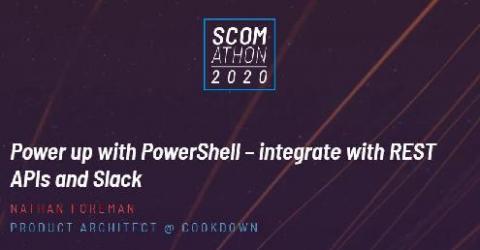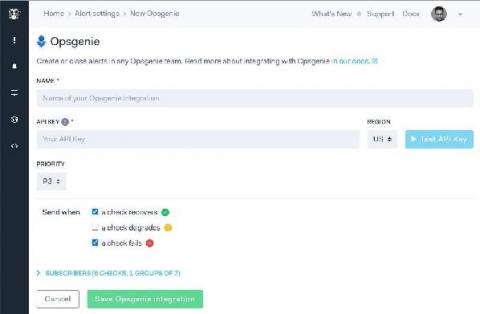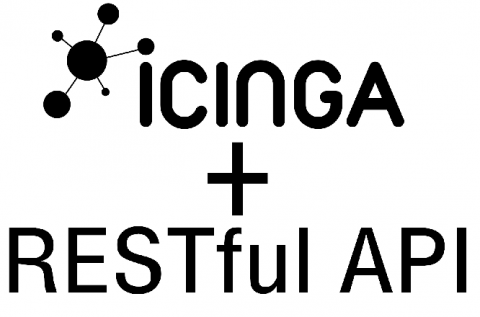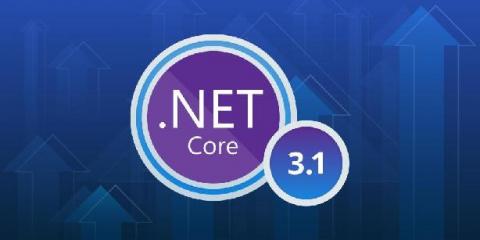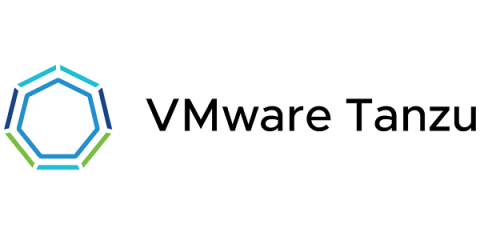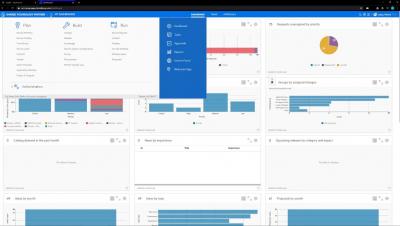How Artificial Intelligence is Shaping the Industry of VPN
Artificial intelligence refers to the machine's ability to learn and think. Given that it sort of mimics how humans think and reason, AI's application is virtually endless. AI reduces human error, do a task that is risky for humans to do, help humans solve complex, and so much more. With the emergence of artificial intelligence, concerns about data privacy have been brought into the light. Artificial intelligence relies on our personal information to learn.



